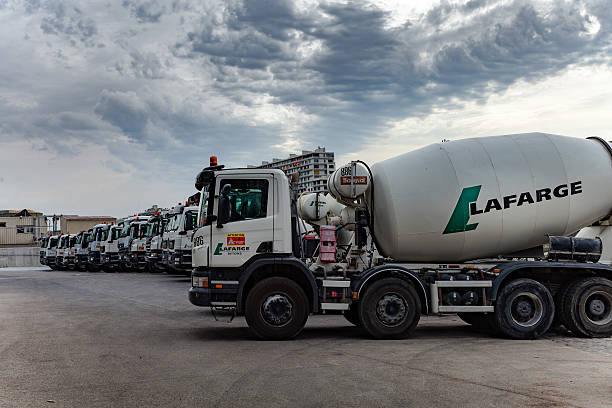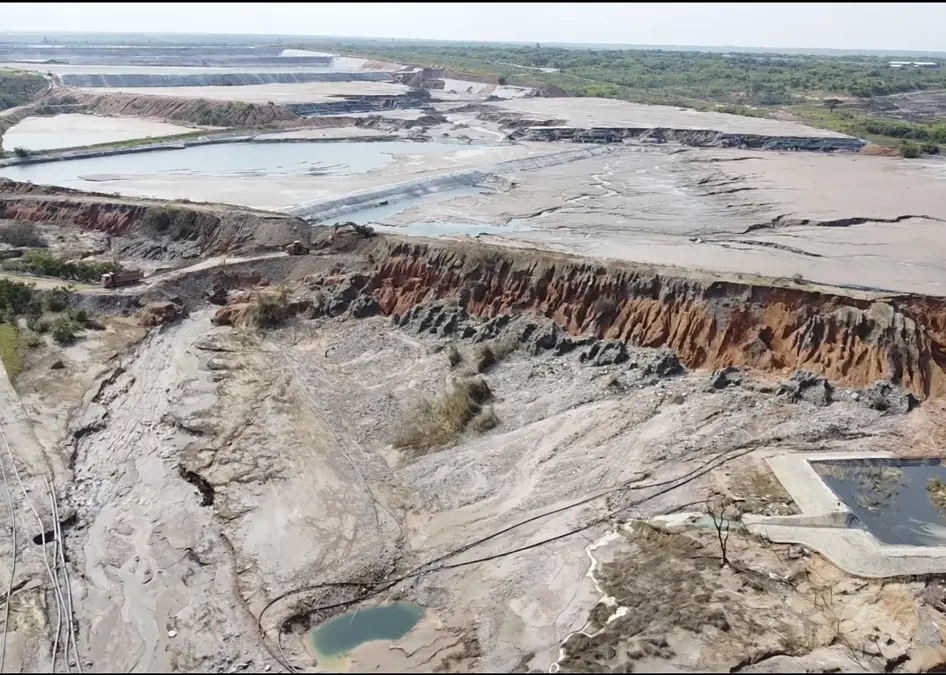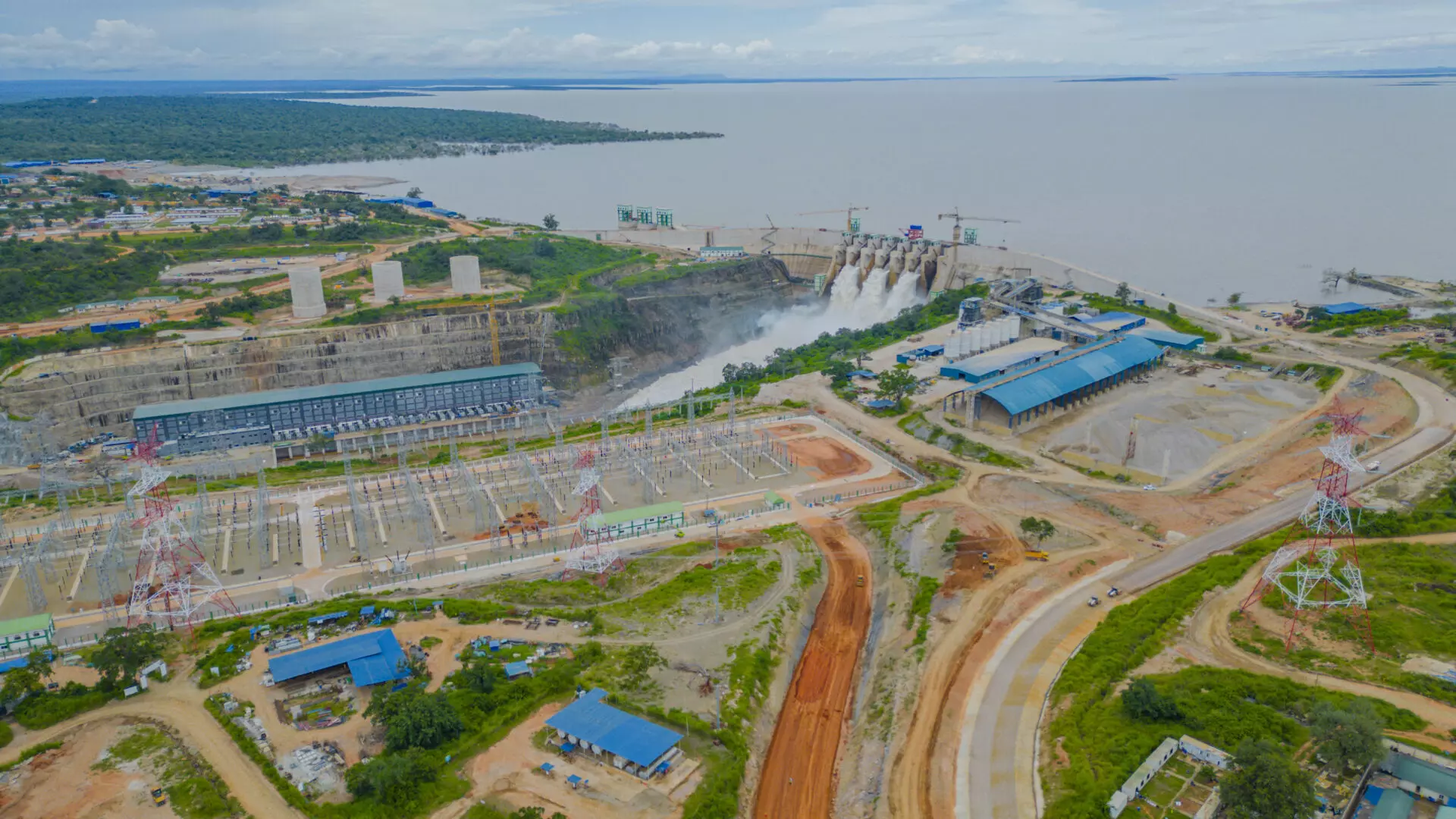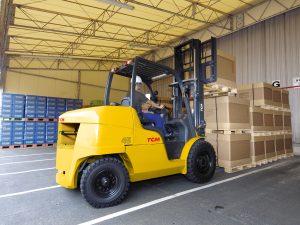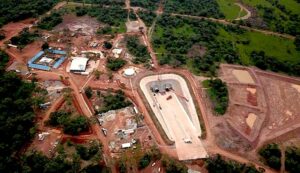Afrimat surges 12% after inking R1bn deal for Lafarge South Africa
Mining and building materials group Afrimat has inked a roughly R1 billion deal to acquire the SA unit of the world’s largest building materials group Holcim. The group’s shares surged by double-digits, with one analyst describing it as a “sweet deal.”
The deal will see Afrimat, valued at about R9.2 billion on the JSE, pay $6 million (about R110 million) for Lafarge South Africa, as well as take on its R900 million in debt.
Lafarge SA had a net asset value of R1.4 billion at the end of its year to end-December, when its core profit slumped to R38 million, from R311 million in 2021.
Swiss-based Holcim was formed out of the 2015 merger between France’s Lafarge and the original company, which was renamed Holcim in 2021. The company had been paring back its operations in developing countries in order to focus on mature markets, including North America.
Bloomberg reported in 2019 it was weighing the sales of its Middle East and African businesses, which accounted for 8% of its sales in 2022, when the group also divested out of Brazil, Zimbabwe and India.
Small Talk Daily’s Anthony Clark said while his understanding is that Lafarge South Africa “is reasonably well-managed” it has also been “ignored” by its overseas parent.
“Afrimat gains leading national market share once Lafarge aggregates is combined with its own business giving cost efficiencies and some strategic new minerals needed in the cement blending market,” he said in a note. The deal was about aggregates, and not cement, said Clark, but he added: “I’d closely watch the plans Afrimat has for cement.”
Should Afrimat improve the margins of the business, which given its track record is likely, the deal could be CEO Andries Van Heerden’s best yet, said Clark. “This is a sweet deal.”
Shares in Afrimat surged 12% in morning trade on Tuesday and have gained almost a fifth in the year to date. Click here for details of its shares as well as other info.
History
Lafarge had entered SA in 1998 when it acquired Blue Circle from Murray & Roberts for about R1.5 billion, then SA’s third-biggest cement producer.
But given that company’s merger with Holcim, it is not the group’s first divestment from the country.
The Swiss cement producer created Afrisam Cement in 2006 by selling the majority of its 54% stake in Holcim SA to Bunker Hills Investments, a special purpose vehicle formed by a group of investors led by Professor Eltie Links.
Holcim retained 15% while the Public Investment Corporation acquired 20% of the company and assisted the BEE investors with some of the funding.
In the construction frenzy in the run-up to the 2010 FIFA World Cup tournament, and under massive political pressure, construction company Aveng, which held the remaining 46% of Holcim SA, was forced to forego its first right of refusal and sell to the black investors.
Things quickly soured for the cement industry once the infrastructure boom ahead of the World Cup waned, with both Lafarge and Afrisam subsequently the subject of a probe by competition authorities over alleged cartel behaviour. Lafarge agreed to pay a penalty of almost R150 million in 2012, with Afrisam having already agreed to a penalty of about R124 million.
Share this content:
